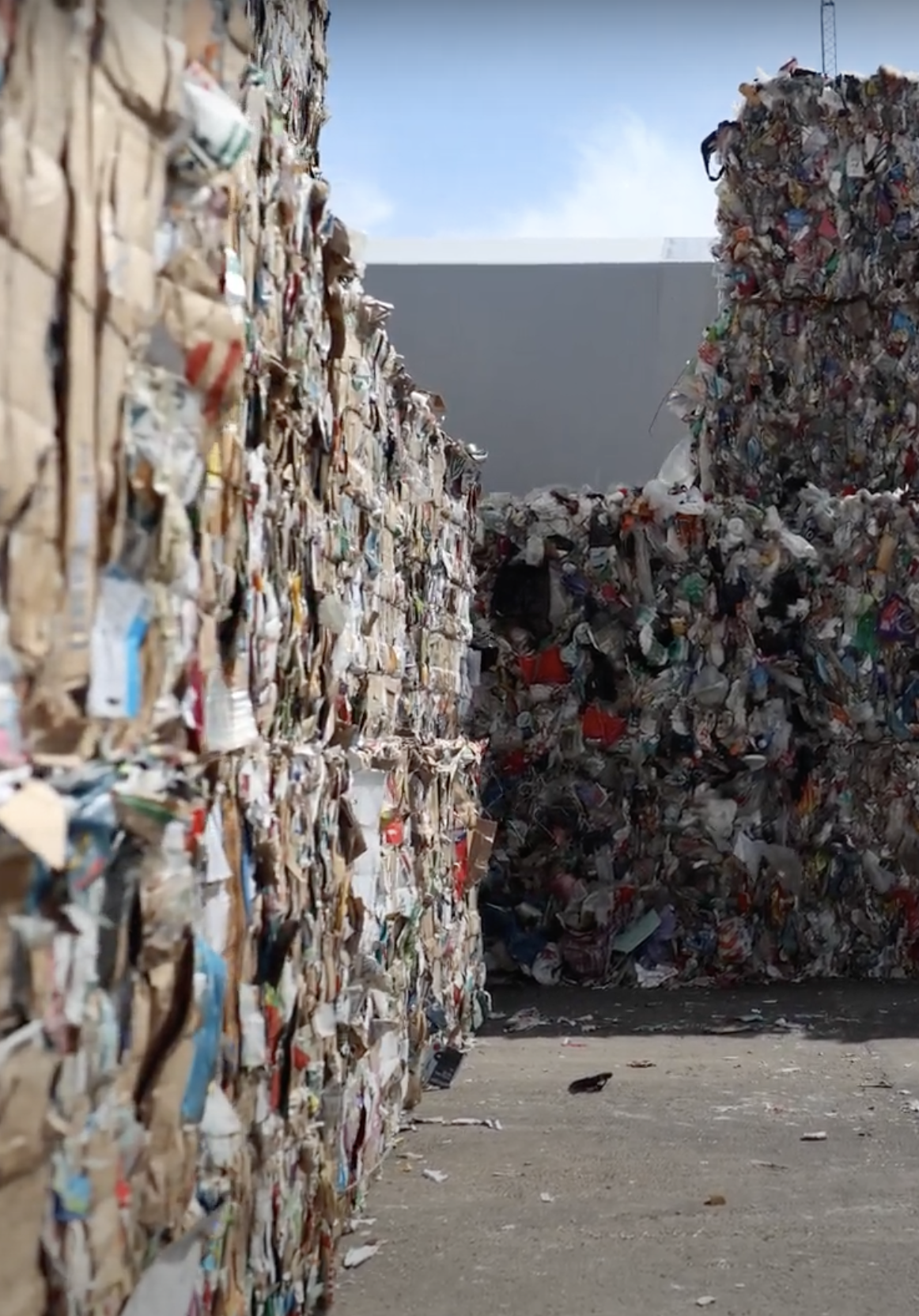Challenges of Implementing Transparent Recycling Efforts

When municipalities or companies introduction tenders for recycling services, the target is normally to protected reliable, effective, and environmentally responsible partners. Regrettably, tendering processes will often attract unreliable bids—offers that seem beautiful at first glance but hide dangers such as for example concealed charges, inadequate company distribution, or unsustainable practices. To ensure the integrity of Recycling Company (Återvinning Företag) agreements, it is crucial to undertake a organized method that decreases the likelihood of falling for inaccurate proposals.

1. Establish Apparent and Clear Sore Demands
The first faltering step is creating accurate sensitive documents. Vague requirements open the door for bidders to interpret specifications inside their prefer, frequently underestimating costs or overpromising results. Obviously outline expectations regarding support frequency, recycling objectives, environmental requirements, gear demands, confirming obligations, and agreement duration. This ensures that all bidders are competitive on equal and measurable terms.
2. Evaluate Beyond the Cheapest Cost
One of the very most common barriers in public places tenders is awarding contracts solely on the foundation of the best price. While budget factors are very important, an extraordinarily minimal quote may possibly show under-resourcing, reliance on hidden expenses, or shortcuts in compliance. Weight the evaluation standards to incorporate quality, sustainability recommendations, knowledge, and service consistency along with price.
3. Require Proof Capacity and Past Efficiency
To avoid exaggerated states, request documented proof prior agreements, customer references, and efficiency records. Website trips to constant jobs can also support concur that the bidder has the capacity to produce what they promise. Examining economic balance is equally crucial; a company with fragile financials might not support procedures throughout the contract period.
4. Implement Strict Openness and Submission Steps
Assure bidders offer whole breakdowns of expenses, including labor, transportation, gear, and disposal fees. Require disclosure of subcontractors and their qualifications. Demand on compliance with environmental regulations, wellness and security requirements, and recycling certifications. Independent audits or third-party verifications can reinforce rely upon the bidding process.

5. Use a Multi-Stage Evaluation Method
Rather than counting on a single round of evaluation, consider pre-qualifying vendors via an original assessment stage. Shortlisted bidders can then submit comprehensive complex and economic proposals, which are assessed more thoroughly. This staged strategy discourages unserious bidders and reduces the risk of deceptive offers developing to the last stage.
6. Foster Continuing Tracking and Accountability
Eventually, stopping deceptive estimates does not stop at contract award. Build monitoring elements in to the contract, including normal performance evaluations, development studies, and penalties for non-compliance. Constant error assures that bidders remain accountable through the entire agreement lifecycle.
By prioritizing understanding, transparency, and accountability, recycling company tenders may attract credible lovers while filter out unreliable bids. That not merely safeguards public resources but in addition strengthens neighborhood confidence in sustainable spend management initiatives.
